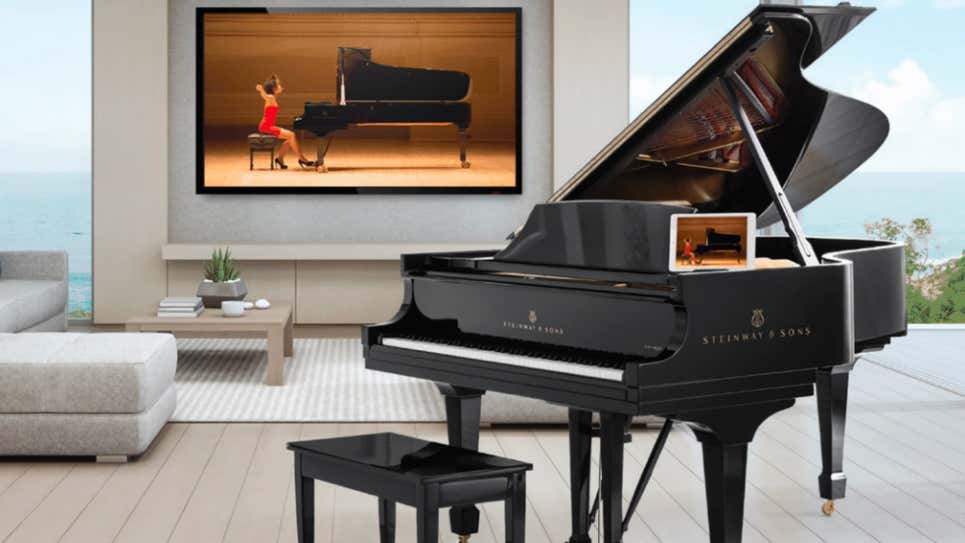Hand-wringing over hapless Arts Council England
NewsThe Observer/Guardian outdoes itself today with an editorial that gives itself a hernia in its efforts not to offend. Here’s all you need to read:
… The classical music sector feels particularly aggrieved, rallying behind its highest-profile casualty, English National Opera, which – after a period of hard bargaining – will for the next five years lead a dual life between its old London home, the Coliseum, and Manchester. The deep fears among classical musicians that “nobody is listening to us” at a time of exceptional hardship were articulated last year by John Gilhooly, chairman of the Royal Philharmonic Society, who suggested that ACE should recognise that “for the entire nation to prosper we need London to prosper”, and that it should adapt its levelling up strategy “to embrace this new landscape”.
In the other camp, an open letter to Dame Mary (Archer) last week, signed by 249 arts leaders representing 220 organisations around the country – including many from London – made a case broadly in favour of the current policy, while voicing their own fears of a “concerted effort” in some quarters to give the impression that the arts world was in open revolt against ACE….
What’s the point of an editorial that cannot bring itself to take sides?
Any idea who wrote it?






Comments